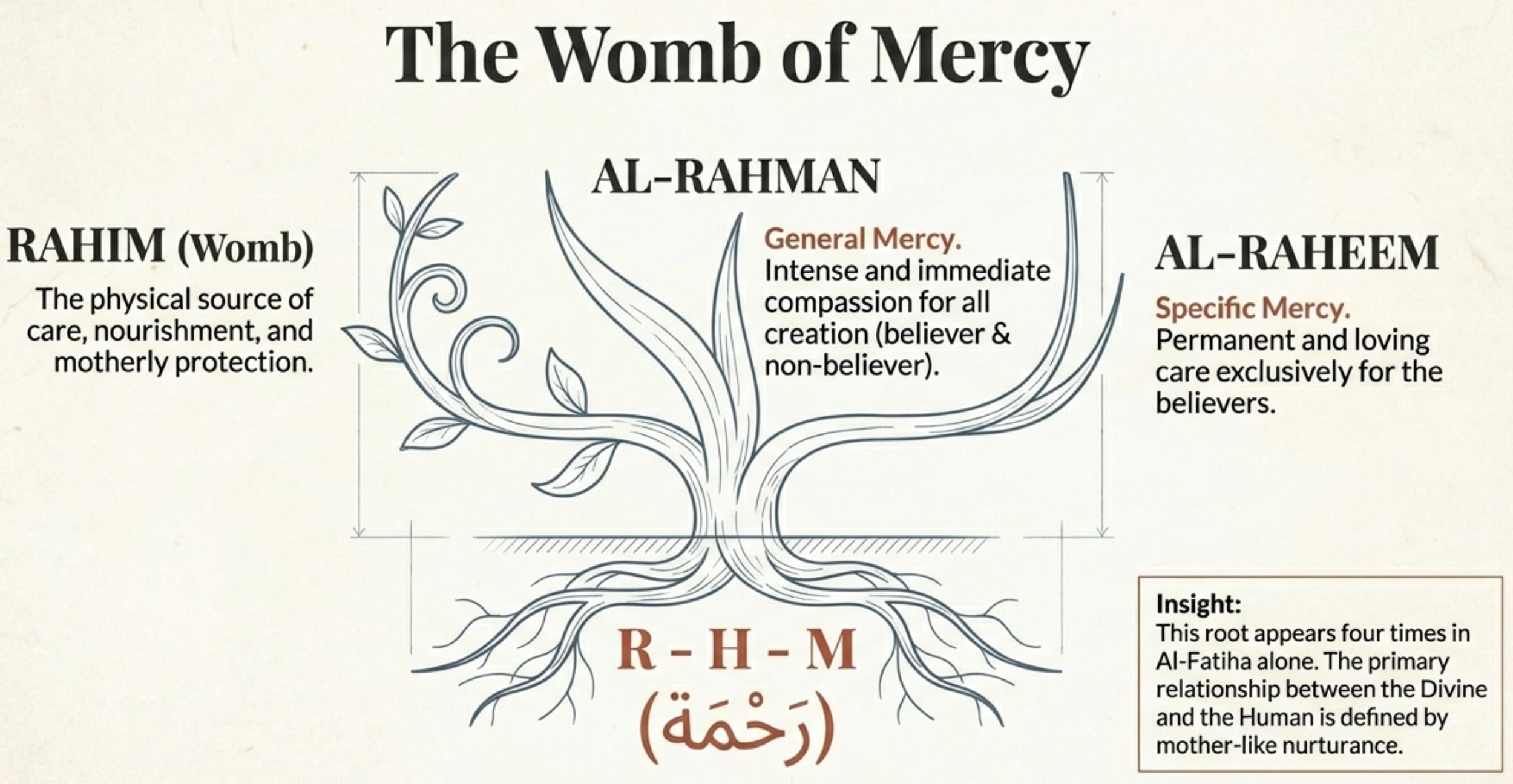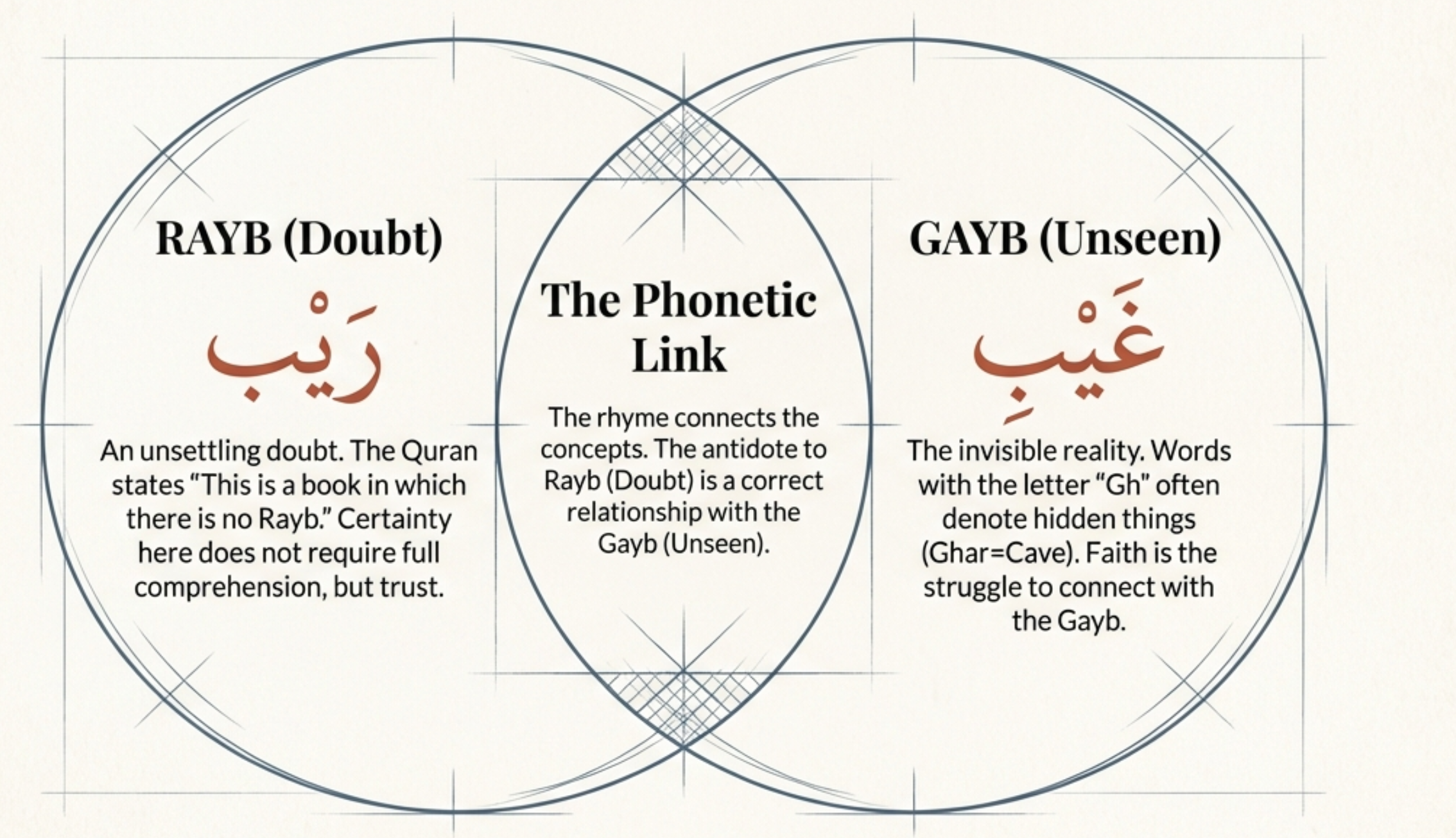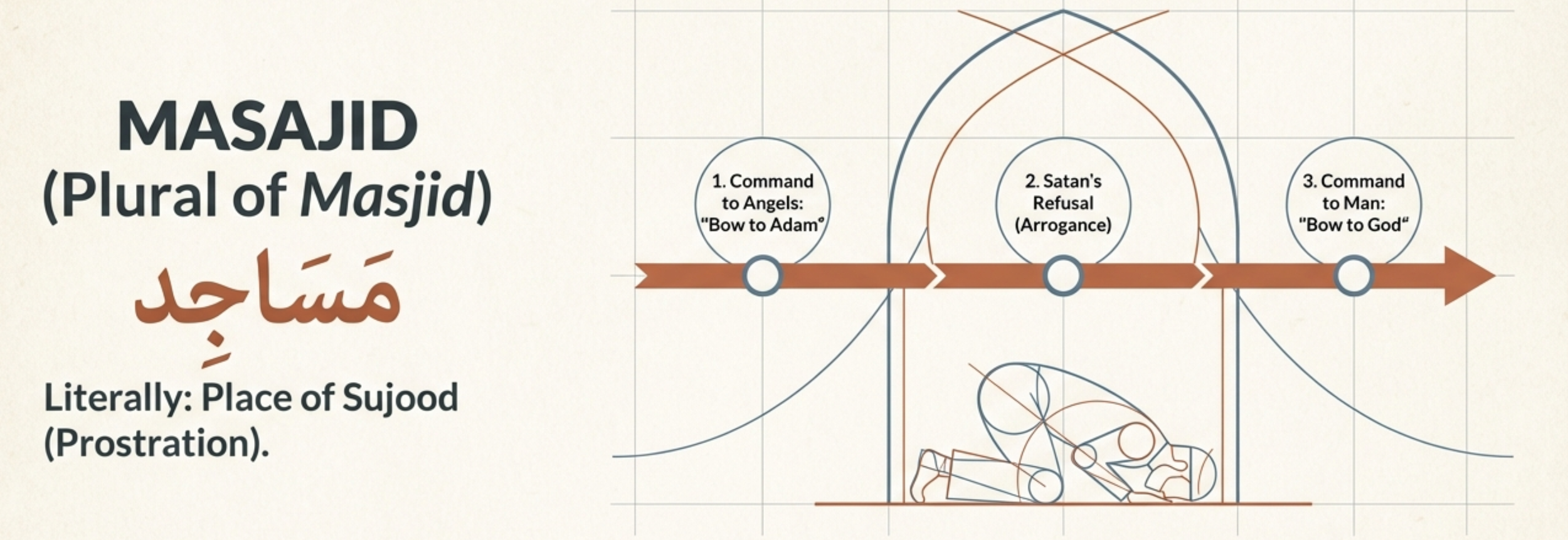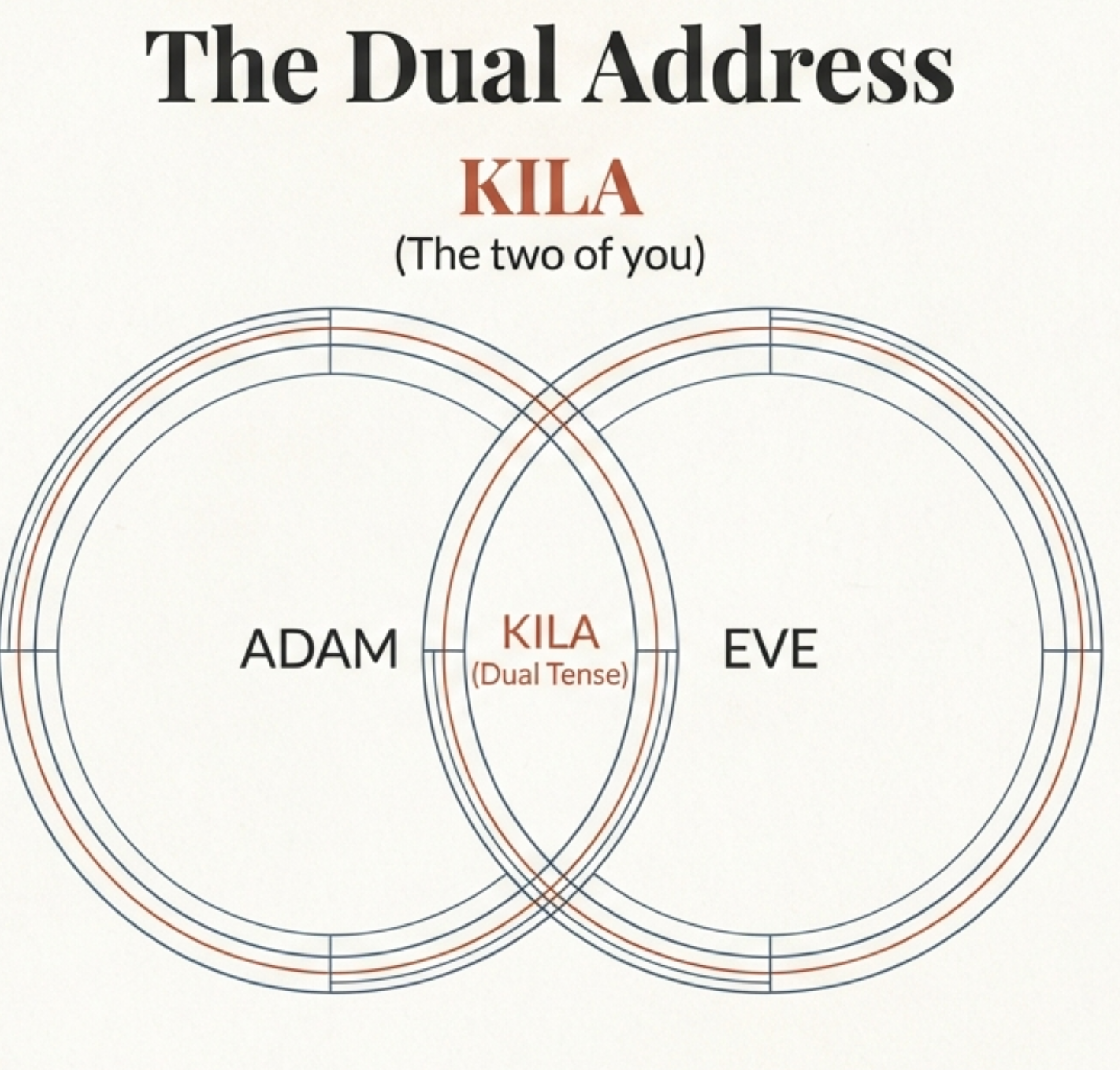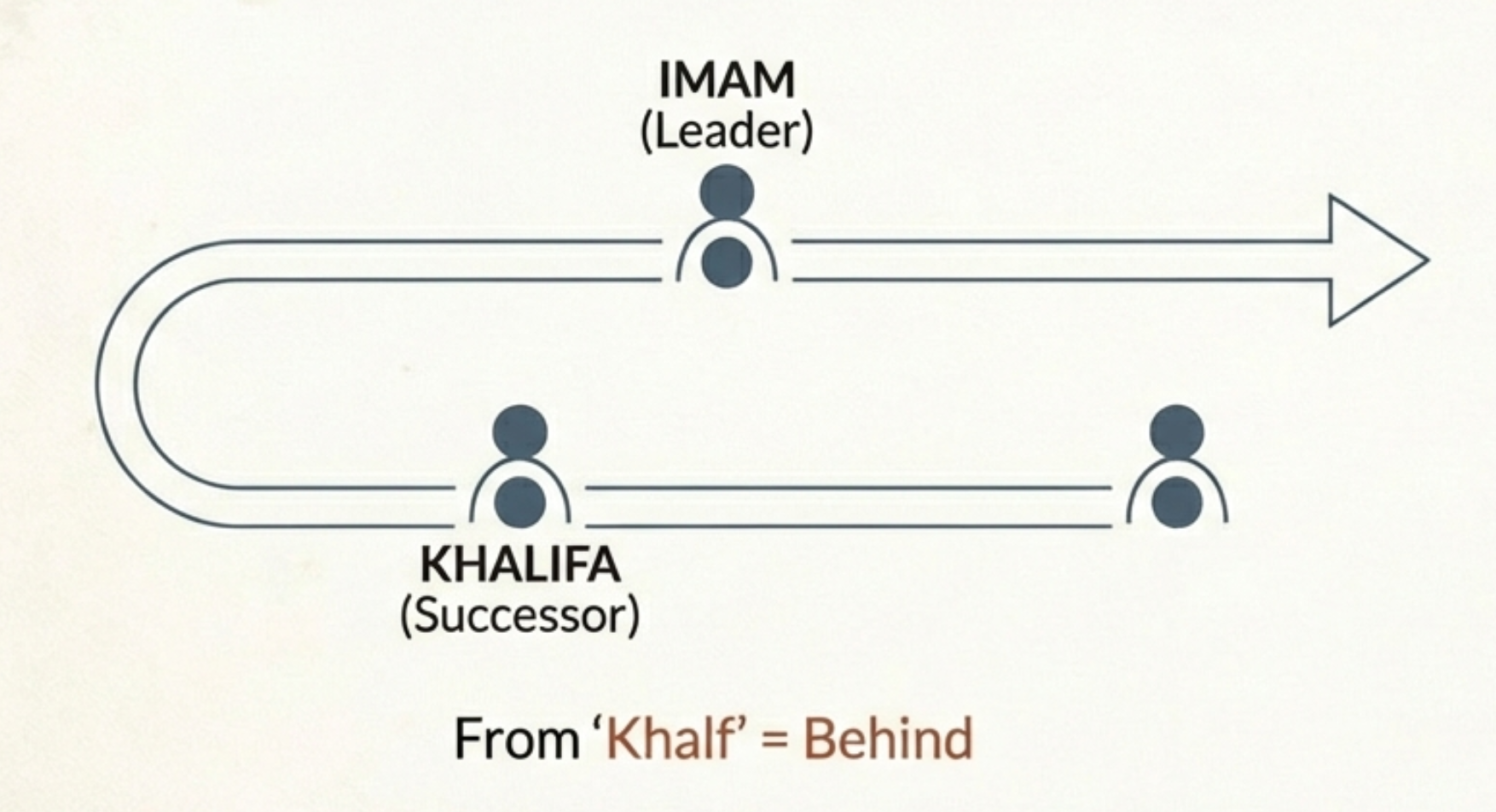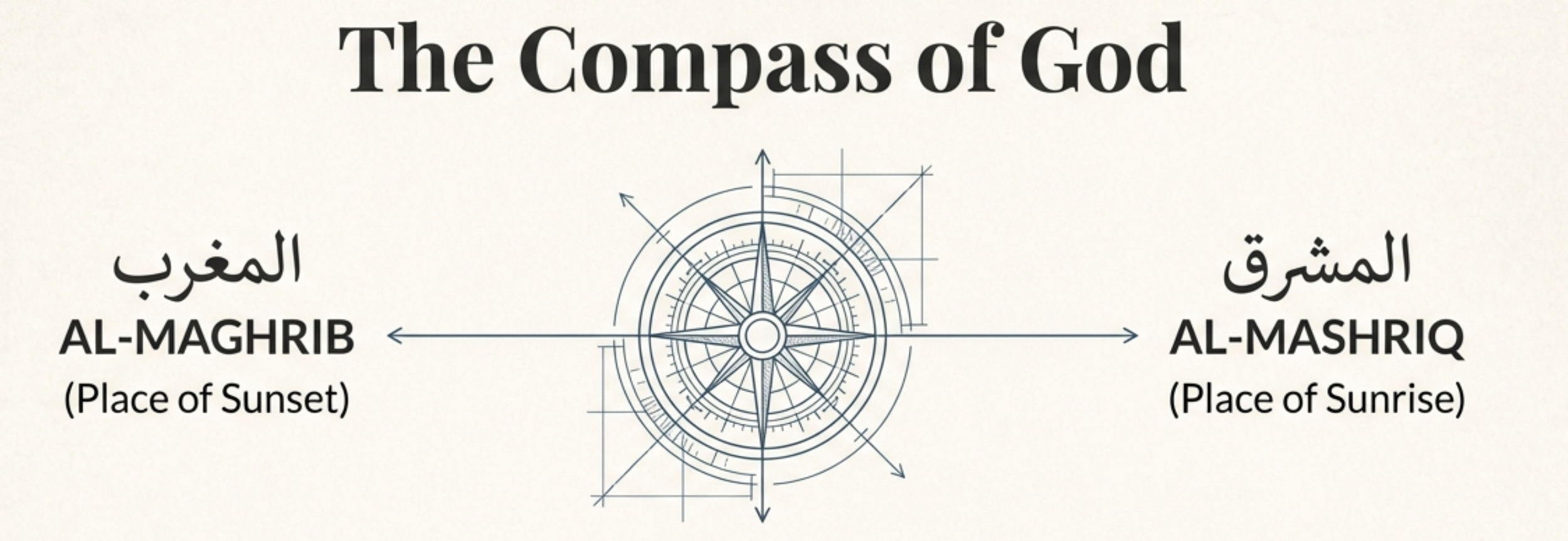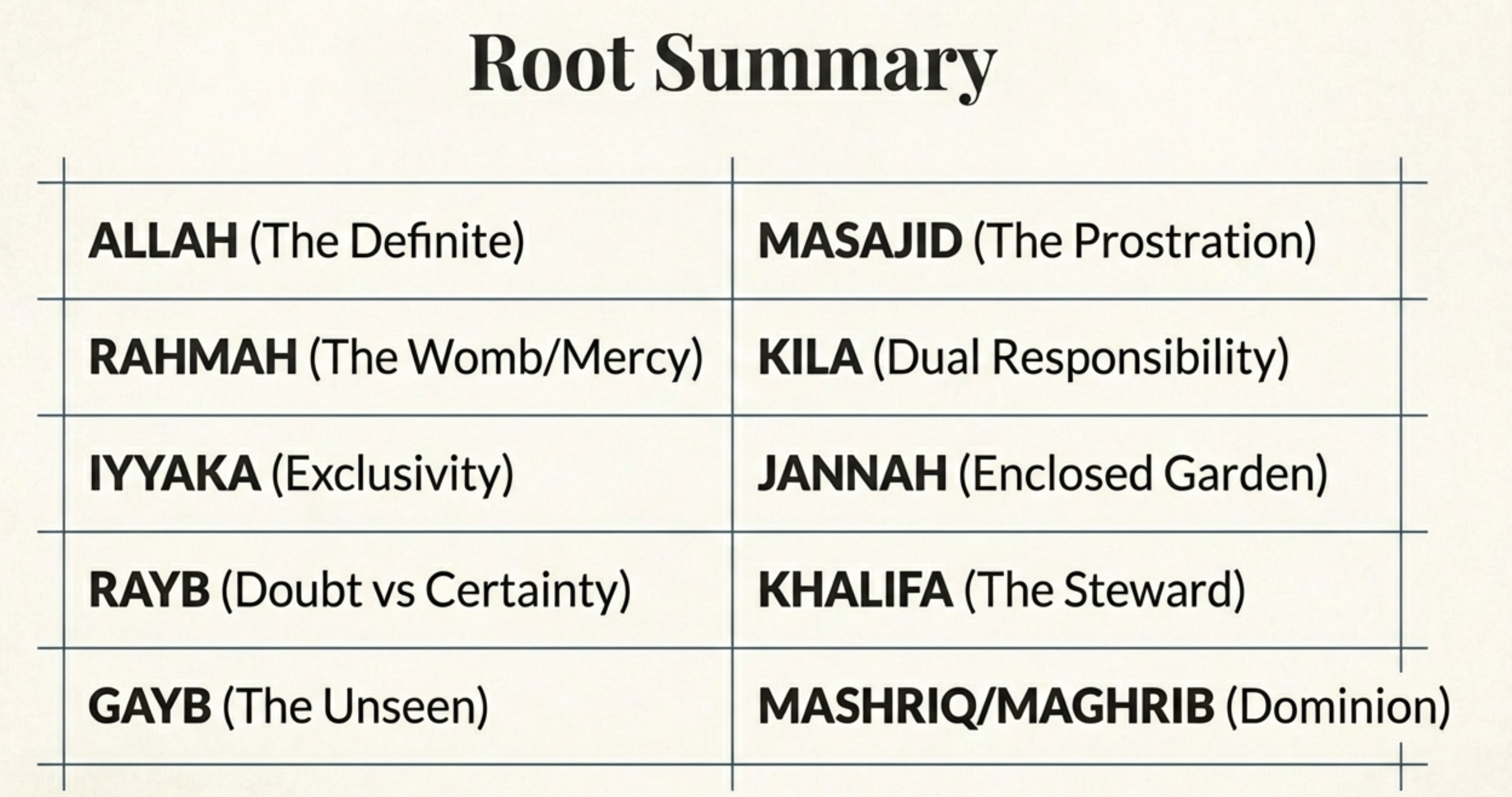Taraweeh Top 🔟:
Juz 1 (Fatiha + Beginning of Surah Al Baqarah)
The opening of the Quran takes on the biggest issues, primarily belief in God. The first 5 words we cover is related to this theme:
1. Allah الله: is the most definite word in Arabic. The word شَيء ("thing") is the most indefinite. ‘There is nothing (Shay) like God" (لَيسَ كَمِثْلِهِ شَيء)
2. Rahman vs. Raheem: The root for these two words comes from Rahmah (رَحْمَة), connected to the word WOMB (رَحِم). Both words are thus connected to what can be likened to a mother care and compassion. This root occurs FOUR times in the short span of just Fatiha! The word الرحمن is more general than الرحيم, as الرحمن refers to Allah being Merciful to both believers and disbelievers (whereas الرحيم refers to Allah being merciful to believers specifically).
3. Iyyaka إِيّاك: Here, iyyaka means just ‘you’ (ك), as إيّا is just a placeholder. The meaning ‘only’ is implied because the attached pronoun direct object (كَ) comes before the verb instead of after. Ignoring the way the words are put together is ignoring a vast component of the meaning, particularly the eloquence.
4. Rayb رَيب means doubt. ‘This is a book in it is not doubt.’ Interestingly it comes right after the mysterious letters (الم) around which there is much debate. As if the lesson here is that certainty does not require complete comprehension. In fact, while we strive to understand the Quran, we have limited capacity. The word comes again later in the juz, look out 👀 for it!
5. Gayb غَيب. Notice it rhymes with the word for doubt (رَيب rayb) in Arabic. It means the unseen. In fact many words that have the letter غ are connected to something not seen or hidden (غار is cave, غفلة is heedlessness). The word also comes again later in the juz, look out 👀 for it!
In the next portion, we get to the story of Creation and look at some words that come up in the interaction between God, the Angels, Adam, Eve, and Satan.
6. Masajid (مَسَاجِد) 🕌 is plural for masjid (mosque). The climax of the story of Creation is when God commands the angels to bow down 'Usjudoo (اُسْجُدُوا)' to Adam. Iblis, a high ranking Jinn would be in the company of the angels due to his rank and arrogantly refuses to prostrate. It’s fascinating that man is also commanded to bow down, but to God in prayer. Though the prayer has many components, the place of prayer is literally called ‘the place of prostration (sujood)’, the masjid, in open opposition to and in some ways ‘sticking it to’ Satan! The Prophet Muhammad ﷺ teaches that the entire earth (where God sends Adam) has in fact been made into a masjid (place of prostration): جُعِلَتْ لِيَ الأَرْضُ مَسْجِدًا وَطَهُورًا
7. Kila (كلا): 'the two of you eat.’ Unlike English, Arabic has the dual verb tense and this is difficult to notice in translations. It is frequently used, and particularly significant in this story when God addresses Adam and Eve. This direct address to both genders is not only ennobling, but also gives a sense of shared responsibility.
8. Jannah (جَنَّة) - type of garden that is enclosed, versus a hadeeqa (حديقة) or a bustan (بستان)
9. Khalifa (خليفة): God calls man khalifa on the Earth 🌏 . Whereas there is an underlying understanding of stewardship, responsibility, and even leadership, unlike the word Imam which indicates being ‘in front,’ the word Khalifa comes from Khalf (خَلف)، which means to be ‘behind.’ Some translate it as a representative, viceroy, or ambassador, thus foreshadowing that guidance and instruction to Bani Adam are coming, and that decisions and rules defer back to a greater authority.
10. Al-Mashriq (المَشْرِق) and Al-Maghrib (المَغْرِب): these two are used in this Juz to highlight that all directions belong to God. These are cardinal directions ‘east and west’ in English. The meaning in Arabic is quite fascinating as they literally mean the ‘place of sunrise’ and the ‘place of sunset.’ These can also be used for times (as in the time of Sunset and thus the Maghrib prayer). The country Morocco 🇲🇦 is called ‘the place of the sunset’ and the Emirates of Sharjah (known for its famous cricket grounds 🏏) is from ‘الشارقة', the one of the East’
Here’s an article on Surah Al-Fatiha, in case you’d like to dig deeper and gain more key 🔑 to unlock the Quran:
👇🏼



